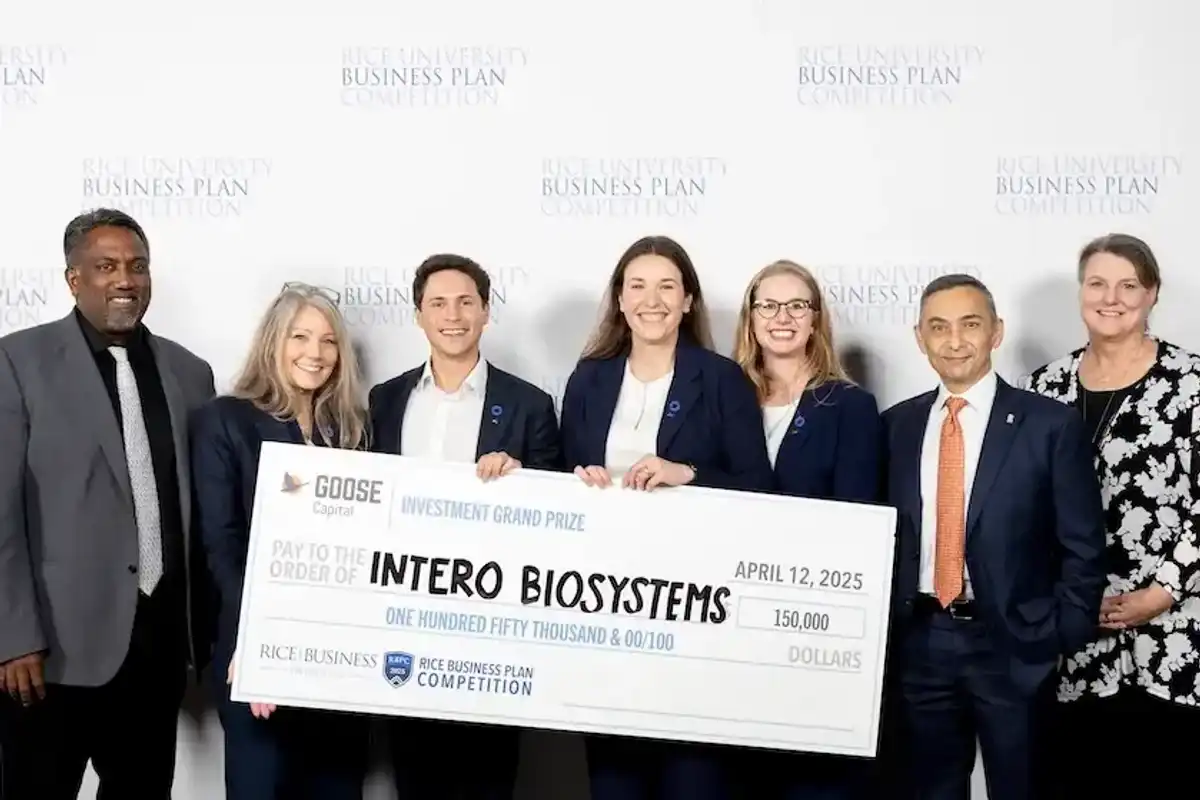Rice University inks strategic partnership with French research institution
collaboration station
Rice University and Université Paris Sciences & Lettres signed a strategic partnership agreement last week that states that the two institutions will work together on research on some of today's most pressing subject matters.
According to an announcement made on May 13 in Paris, the two schools and research hubs will collaborate on work focused on "fields of energy and climate; quantum computing and artificial intelligence; global health and medicine; and urban futures."
The partnership allows Rice to expand its presence in France, after launching its Rice Global Paris Center about two years ago.
Université PSL consists of 11 top research institutes in France and 2,900 world-class researchers and 140 research laboratories.
“We are honored and excited to partner with Paris Sciences and Lettres University and join forces to advance bold innovation and find solutions to the biggest global challenges of our time,” Rice President Reginald DesRoches said in a statement. “The unique strengths and ambitions of our faculty, students, scholarship and research are what brings us together, and our passion and hope to build a better future for all is what will drive our partnership agenda. Representing two distinct geographic, economic and cultural regions known for ingenuity and excellence, Rice and PSL’s efforts will know no bounds.”
Rice and Université PSL plan to host conferences around the four research priorities of the partnership. The first took place last week at the Rice Global Paris Center. The universities will also biannually select joint research projects to support financially.
“This is a global and cross-disciplinary partnership that will benefit from both a bottom-up, research-driven dynamic and a top-down commitment at the highest level,” PSL President Alain Fuchs said in a statement. “The quality and complementarity of the researchers from PSL and Rice who mobilized for this event give us reason to believe that this partnership will get off to a rapid and productive start. It will offer a strong framework to all the PSL schools for developing collaborations within their areas of strength and their natural partners at Rice.”
Rice launched its Rice Global Paris Center in June 2022 in a historic 16th-century building in Le Marais. At the time it, the university shared that it was intended to support Rice-organized student programs, independent researchers, and international conferences, as well as a satellite and hub for other European research activity.
"Rice University's new home in the Marais has gone from an idea to a mature relative with a robust program of faculty research summits, student opportunities, cultural events and community engagement activities," Caroline Levander, Rice's global Vice President, said at the announcement of the partnership last week.
Click here to learn more about the Global Paris Center.
Last month, University of Houston also signed a memorandum of understanding with Heriot-Watt University in Scotland to focus on hydrogen energy solutions.
------
This article originally ran on EnergyCapital.





